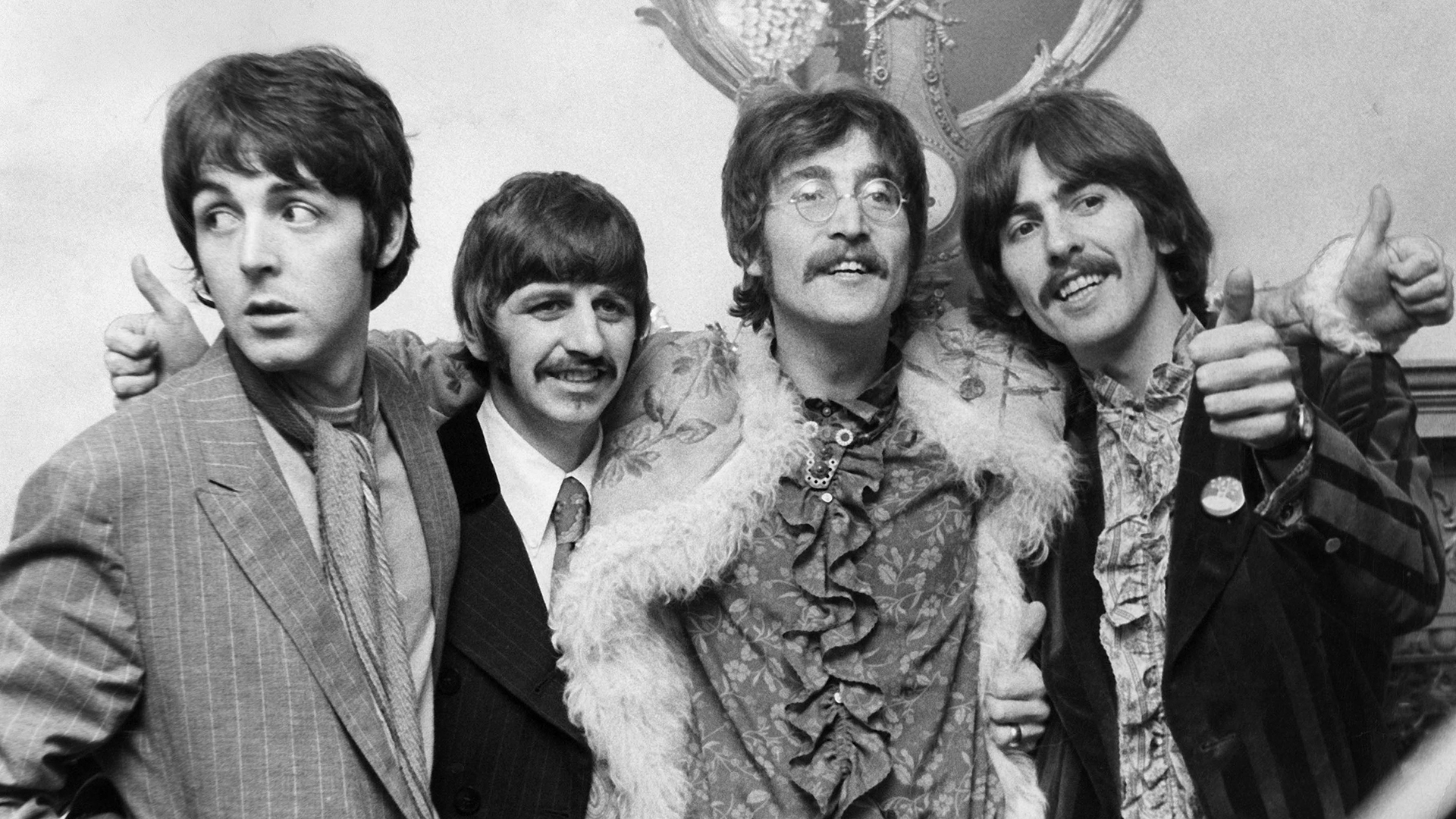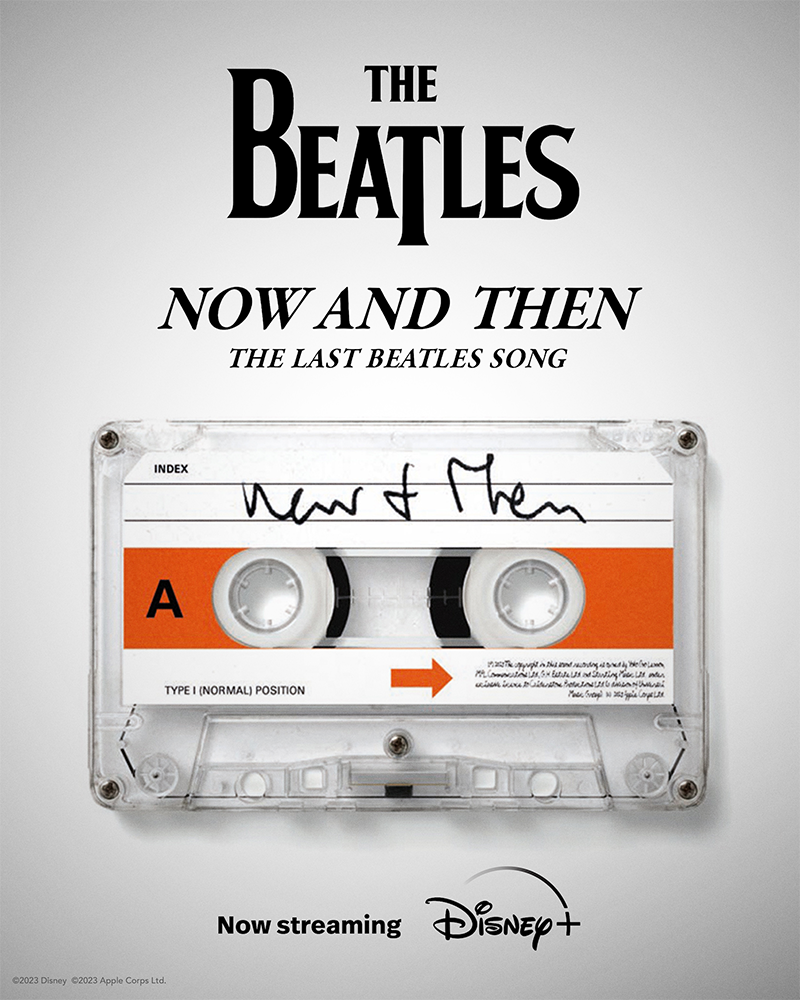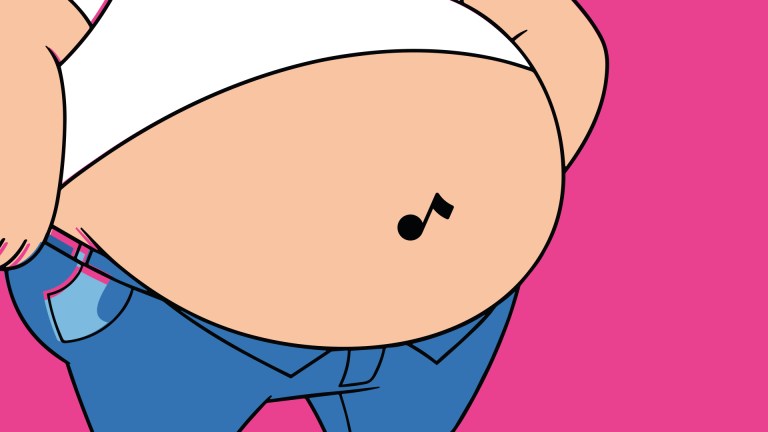Can there ever be too much Beatles in the world? If you’d asked me that question after watching Peter Jackson’s archive-diving fly-on-the-wall docuseries Get Back in 2021 in all its sprawling eight-hour glory, the answer would have been a resounding no. I would gladly sit down to another eight hours and then some of ambient John, Paul, George and Ringo – laughing, joking, jamming, bickering, smoking, farting, drinking tea and occasionally breaking out into epochal song.
Asking myself that same question now, upon the reveal of The Beatles “final” single Now and Then, my feelings are more complicated. It’s been lovely to experience another national moment of celebration for the greatest band that ever was, and there’s undoubtedly an authentic and uplifting centre to the tune. But it’s hard to regard Now and Then as being The Beatles in a true sense. And the way it’s been made raises questions around the boundaries of good taste when it comes to using artificial intelligence as a tool in music, and whether, once you let that technological genie out of the bottle, it’s possible to put it back in.
Change a Big Issue vendor’s life this Christmas by purchasing a Winter Support Kit. You’ll receive four copies of the magazine and create a brighter future for our vendors through Christmas and beyond.
Lord of the Rings filmmaker Jackson had a hand again in this latest coda to the Fab Four’s catalogue, which continues to grow some 53 years after their break-up in 1970. We’ve had posthumous “new” Beatles songs before – 1995’s Free as a Bird and 1996’s Real Love – and Now and Then derives in part from the same retrospective sessions involving the then three surviving members of the band.
The psychedelic ballad was originally written and recorded by John Lennon in 1977, three years before his death in 1980. Paul McCartney, Ringo Starr and George Harrison (who died in 2001) attempted to add to Lennon’s solo piano home demo version, but eventually determined that it was too sonically patchy to work with and shelved the project.
Fast forward nearly 30 years, and at McCartney’s behest in came Jackson with the same AI technology – called Mal, or “machine audio learning” – which he used in Get Back to “clean up” archive audio and separate sounds and voices.










